To manage touchy economic records, protection, and compliance are of the maximum importance. this is why many economic organizations are turning to non-public cloud environments as an answer.
A non-public cloud is a sort of cloud infrastructure that is devoted to a single organization and is not shared with other groups. but, the choice of which type of cloud environment is maximum suitable for economic companies can be daunting.
In this text, we will discover the blessings of the usage of non-public cloud surroundings for monetary agencies and why it is a fine desire for coping with sensitive financial statistics.
Which Cloud Is Best For Financial Services?
When it comes to financial services, the best cloud option is often a private cloud environment. You can also consider a pCloud discount lifetime subscription as it provides a high level of security and encryption. This approves greater manipulation over protection and compliance, which is vital for coping with touchy economic data.
A personal cloud, additionally known as an inner cloud or company cloud, is a form of cloud infrastructure that is devoted to an unmarried agency and isn’t always shared with different groups. moreover, many cloud providers provide a secure right of entry to controls and compliance certifications, together with SOC2 and PCI-DSS, that are essential for economic offerings.
Which One Is The Best Cloud Solution For The Business Firm?
The best online storage for personal use or a business firm depends on the specific needs and requirements. However, for most business firms, a combination of private and public cloud solutions can be the most effective.
A private cloud allows for extra management over protection and compliance and is good for storing touchy enterprise information. A public cloud, alternatively, is an extra fee-effective option for storing non-touchy records, such as backups and documents that don’t require excessive-stage protection.
It’s critical to assess the particular needs of the enterprise, together with information garage, scalability, and compliance necessities, and choose the cloud answer that meets those desires. moreover, consulting with cloud experts or a reputable cloud company can also assist decide the satisfactory cloud answer for an enterprise firm.
Which Cloud Is Best If You Want To Use It For Your Organization?
The high-quality sort of cloud for a corporation relies upon the precise wishes and requirements of the association. however, if a business enterprise is seeking extra manipulation over protection and compliance, non-public cloud surroundings are often the nice preference.
A non-public cloud, also called an inner cloud or company cloud, is a sort of cloud infrastructure that is devoted to an unmarried organization and isn’t shared with different corporations.
This allows for greater control over protection and compliance, making it the most appropriate cloud surrounding monetary agencies and different groups that address sensitive facts. moreover, it’s important to pick out a good company that offers the essential certifications, which include SOC2 and PCI-DSS, for compliance and safety.
Which Cloud Model Is Best Suited For Small & Medium Businesses?
Small and medium companies may additionally find that a hybrid cloud model is fine and acceptable for their needs. A hybrid cloud is an aggregate of a private cloud and a public cloud, taking into consideration the stability of control, protection, and value effectiveness.
With a hybrid cloud model, small and medium businesses can hold sensitive statistics, together with monetary data and consumer records, on a private cloud for extra manipulation over protection and compliance.
At the same time, they also can use a public cloud for non-touchy statistics, including backups and files that don’t require high-stage protection, in addition to fee-powerful and flexible scalability.
Moreover, a hybrid cloud version also permits the use of multiple providers, which may be beneficial for small and medium corporations searching for a tailor-made and powerful answer. but, it is vital to make certain that the providers offer the quintessential certifications, which include SOC2 and PCI-DSS, for compliance and security, especially when managing economic statistics, and that they’re compliant with the Cloud environment for financial organizations.
What Are The Potential Challenges Of Migrating Financial Systems To The Cloud?
Challenges consist of data security concerns, regulatory compliance, integration with existing systems, and capability downtime throughout migration. ensuring a smooth transition calls for careful making of plans and execution.
How Does A Private Cloud Differ From A Public Cloud For Financial Organizations?
Private clouds provide more control and customization, catering to specific security and compliance requirements. They offer dedicated resources and can be hosted on-premises or by a third-party provider.
How Can Financial Organizations Ensure Compliance When Using Cloud Services?
They should choose cloud providers with robust compliance certifications and implement internal policies and procedures. Regular audits and assessments help ensure ongoing compliance with industry regulations.
Conclusion
In conclusion, financial organizations need to carefully consider their cloud computing needs before selecting an appropriate cloud environment. There’s nobody-length-suits-all answer and the selection needs to take into account an inequality of things which includes requirements, security issues, prices, compliance regulations, and purchaser expectancies.
Private clouds are more secure for financial organizations due to the greater control over data and increased privacy. However, public clouds can provide greater scalability and cost savings which makes them attractive options for some organizations.










